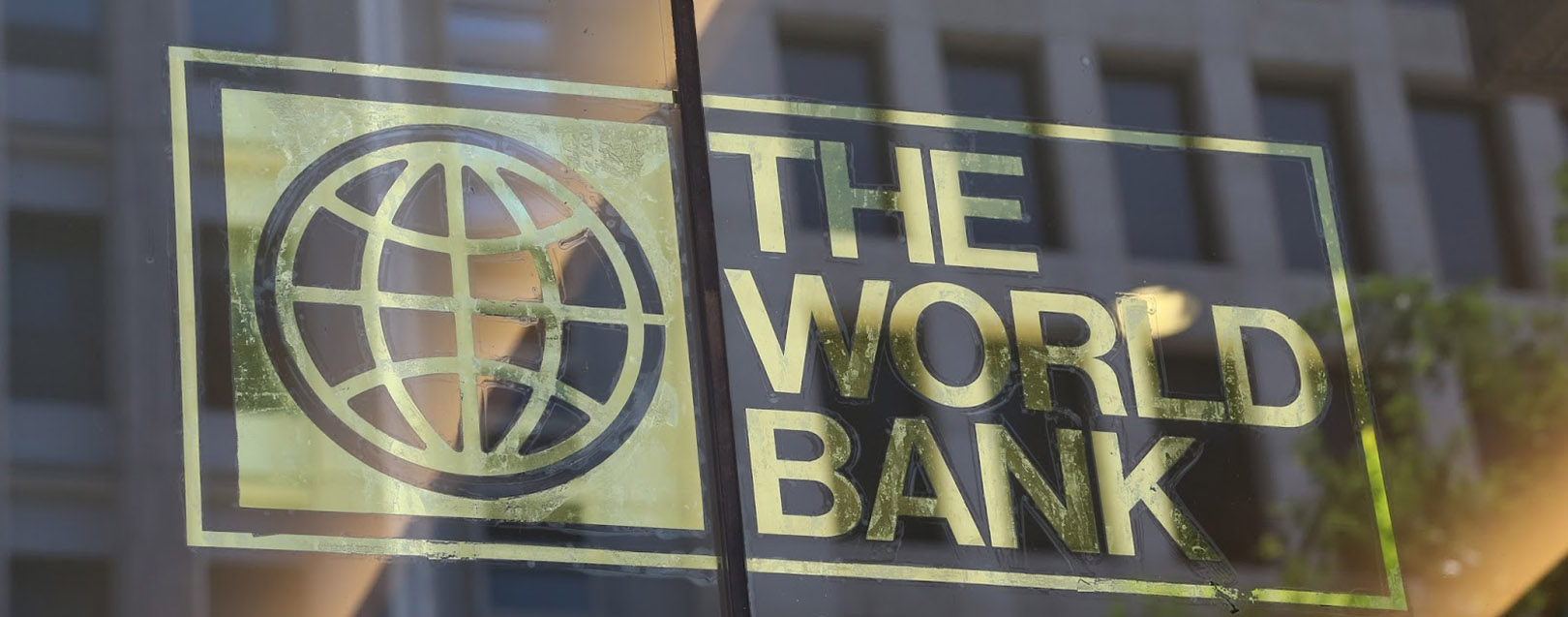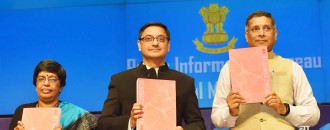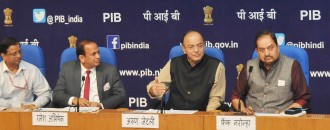
Paul Romer replaces Kaushik Basu as Chief Economist of World Bank
The Dollar Business Bureau
New York University economist Paul Romer is set to replace the World Bank’s chief economist Kaushik Basu this week.
“Yes rumors are correct—very excited to welcome our new VP in the fall,” World Bank economist Florence Kondylis said of Romer’s new position in a tweet.
Romer takes over the position from India-born Basu at a time when the industrialising countries and the world’s poorest nations have been struggling with decelerating economic growth, expanding budget deficits, anemic global demand, weak commodity prices and rising debt.
Romer has received his doctorate degree in economics from the University of Chicago. He is known for the proponent of the “endogenous growth theory,” which holds that investment in human capital, innovation and knowledge are significant contributors to economic growth.
At the World Bank, Romer will be able to apply his academia experience to an emerging world in need.
“If a poor nation invests in education and does not destroy the incentives for its citizens to acquire ideas from the rest of the world, it can rapidly take advantage of the publicly available part of the worldwide stock of knowledge,” Romer said.
As a leader of the Urbanization Institute at NY University, Romer believes that several developing countries can develop cities such as Hong Kong and Shenzhen that set examples for growth-spurring policies that were later adopted across the nation.
“It turns out that this is a unique time in human history when it is possible to start many new cities because there is an enormous, unmet demand for city life,” he said in an interview to Hong Kong’s iMoney magazine.
Romer’s vision also squares with the World Bank President Jim Yong Kim’s target of investing the bank’s energy on projects that result in big development returns, but focusing on myriad smaller programs.






 to success.
to success.